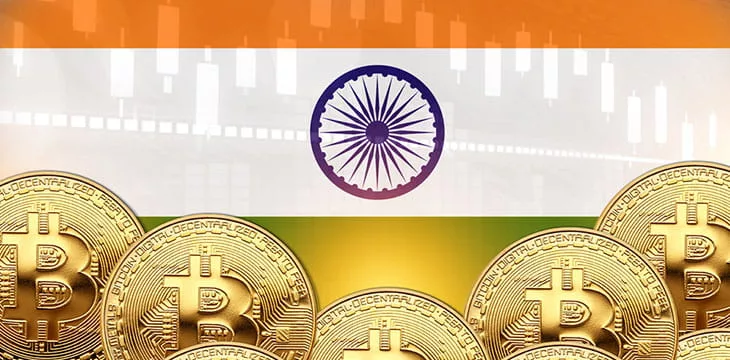|
Getting your Trinity Audio player ready...
|
India has maintained its stance that the government should firmly regulate digital currencies to prevent a repeat of the industry-wide implosions in 2022.
The country’s Finance Minister, Nirmala Sitharaman, made the disclosure at a conference in Bengaluru, where she pointed out that without government control, investors will bear the brunt of the collapse. Sitharaman clarified that despite the tough stance, the government would continue to back blockchain technology for other use cases.
BREAKING🚨: The Finance Minister of India🇮🇳, Smt. Nirmala Sitharaman, says that we are not against technology, but when it comes to #Crypto or currency, it has to be driven by either the government or central bank. Otherwise, there will be more events like FTX.
1/2 pic.twitter.com/v4aqn5pJHw
— KoinX (@getkoinx) May 7, 2023
“Blockchain gives us so many options,” Sitharaman said. “It can be used in so many different ways. So we are not against the technology.”
The Indian government has shown its support for blockchain in several ways, including launching a learning module under the auspices of the National Institution for Transforming India (NITI) Aayog designed to deepen the talent pool. In 2022, the Finance Minister stated that the country will achieve blockchain adoption rates of 46% in the coming years.
The Reserve Bank of India (RBI) has already turned to blockchain for its pilots relating to a central bank digital currency (CBDC). The minister told attendees that the proposed digital rupee could potentially reduce transaction costs and times for cross-border payments while reducing arbitrage-related losses to the barest minimum.
India’s stance on digital currency has earned it a reputation for being one of the most challenging in the world, characterized by a tough tax regime for the asset class. Indian investors are expected to pay a 30% tax on digital assets and an additional 1% tax deductible at source (TDS) on certain transactions.
“But on virtual currency, we think it has to be driven by either the government or the central bank,” Sitharaman noted. “Otherwise, it can be like those that have collapsed, causing huge spillover effects all over the world, like FTX.”
Tightening the noose around digital currencies
Not satisfied with the present tax regime for digital currencies, Indian regulators upped the ante by preventing investors from offsetting losses against gains and increasing the interest rate for late payment of taxes. Apart from incurring a 30% interest on late payment, defaulters also face the grim prospects of up to six months in prison.
India hopes to lead the charge for a global regulatory framework for digital currenciess using its position as G20 president to effect change. Sitharaman disclosed that plans are already underway with central banks and finance ministers cross-pollinating ideas for draft rules.
“Global order has become so interlinked that one country taking any step when it comes to regulating crypto assets will be ineffective because technology doesn’t care for boundaries or borders,” Sitharaman said.
India will be the biggest blockchain nation in 5 years: IPv6 Forum’s Latif Ladid

 03-05-2026
03-05-2026 




